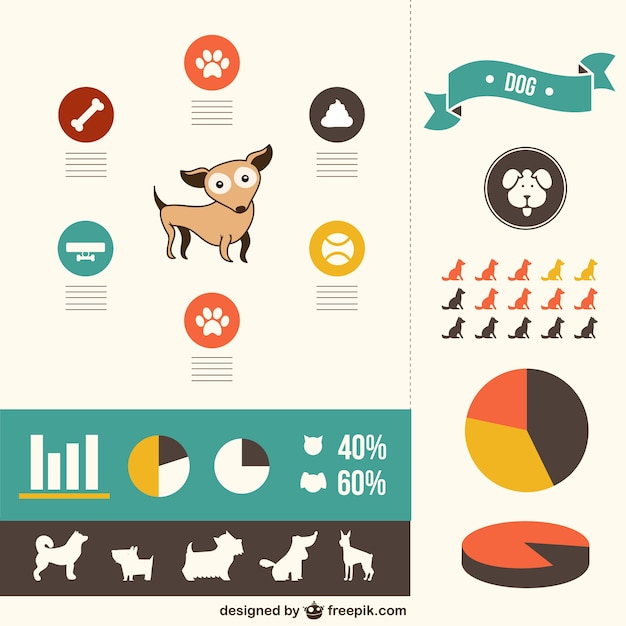Dog Daycare & Socialization Helping Your Dog Stay Confident Happy & Active At The Canine Club
Dog Daycare & Socialization Helping Your Dog Stay Confident Happy & Active At The Canine Club
Blog Article
Can Canine Day Care Cause Disease?
Dogs in daycare obtain great deals of exercise, socialization with other pets and special experiences. This can be especially valuable for puppies and dogs with behavior issues.
There are several legal considerations you require to think about when starting a doggy daycare business. These consist of the framework of your business and compliance with government policies.
1. Dog Distemper
Canine distemper is spread out via straight contact with the physical liquids and waste of an infected dog, but it can also be transferred by means of common water and food bowls or via air-borne beads. This highly infectious health problem is most unsafe for puppies, but it can affect pet dogs of any kind of age and is deadly for a lot of if left unattended.
First signs and symptoms of canine distemper often imitate a cold, consisting of dripping eyes and nose with watery or pus-like discharge. As the condition progresses, a canine will establish high temperature, coughing, minimized hunger, throwing up and looseness of the bowels. The infection can also attack the nervous system, resulting in seizures, twitching and partial or complete paralysis.
Trusted day cares decrease exposure to infection by needing inoculations, routine health examinations and comply with stringent hygiene protocols. If your puppy seems excessively exhausted or limping, a day off might assist him recuperate, however you must prevent taking him back to day care till these signs and symptoms improve.
2. Kennel Coughing
Kennel coughing, additionally called transmittable canine tracheobronchitis or Bordetella, is an extremely infectious viral or bacterial disease that affects the respiratory system. It's generally moved via the exchange of saliva or air beads that an ill dog exhales. Social pets go to greater danger for infection due to their constant communication with one another, such as when they play, share food or water, sniff each other or just meet in a jampacked setting like a canine park or daycare.
The most usual sign of kennel cough is a persistent and strong coughing that sounds like something stuck in the throat or retching. Usually, pet boarding dog boarding dogs will cough up foamy white phlegm. If left without treatment, a pet dog can develop pneumonia and be at significant danger for life.
A trusted daycare facility need to have stringent cleaning and sanitation procedures, sterilize all toys, food and water bowls consistently, and be open regarding their vaccination policies. Keeping your pet as much as date on their inoculations, particularly for bordetella and canine influenza, will substantially minimize their possibilities of contracting the ailment.
3. Parvovirus
Canine parvovirus, or parvo, is an extremely contagious viral ailment that can be lethal for young puppies and young adult dogs with inadequate body immune systems. It's most frequently spread out by direct contact with infected canine feces-- which can happen when dogs smell, lick, or taste infected feces-- and indirectly from polluted people, things, or atmospheres (like kennels, grooming spaces and yards). Puppies and pet dogs without complete inoculation histories are specifically vulnerable to parvo.
The virus is very resilient, enduring in the environment for approximately nine years, and can conveniently be transferred in between canines by call with feces or on footwear, clothes, and bed linens polluted with parvovirus. If not treated immediately with IV liquids, electrolyte balance, vomiting control medications and anti-biotics to prevent second bacterial infections, a pet will rapidly dehydrate and create serious diarrhea, which causes shock and sepsis. Parvo is tough to cure when a dog has come to be ill, but with ideal veterinary treatment, many young puppies do endure this disease.
4. Pooch Influenza
Dog flu virus is very contagious and spreads via direct call, sharing food and water bowls, licking or nuzzling other pet dogs, through airborne beads, and through polluted surface areas. Vaccination works in lowering the danger of infection and episodes.
Most impacted dogs create a moderate respiratory system infection with a cough that lasts 1-3 weeks. They may additionally have nasal and ocular discharge, sneezing, and sleepiness. Several of one of the most serious situations cause pneumonia and a high fever.
If your dog displays any one of these signs and symptoms, do not bring them back to daycare up until they are healthy and balanced. If your dog is showing indications of severe fatigue or hopping, talk with your vet right now and see to it they get on healthiness supplements to help develop their resistance. A veterinarian will examine your pet for symptoms of the flu by taking an example from the nose or throat, and blood examinations can be done to validate.